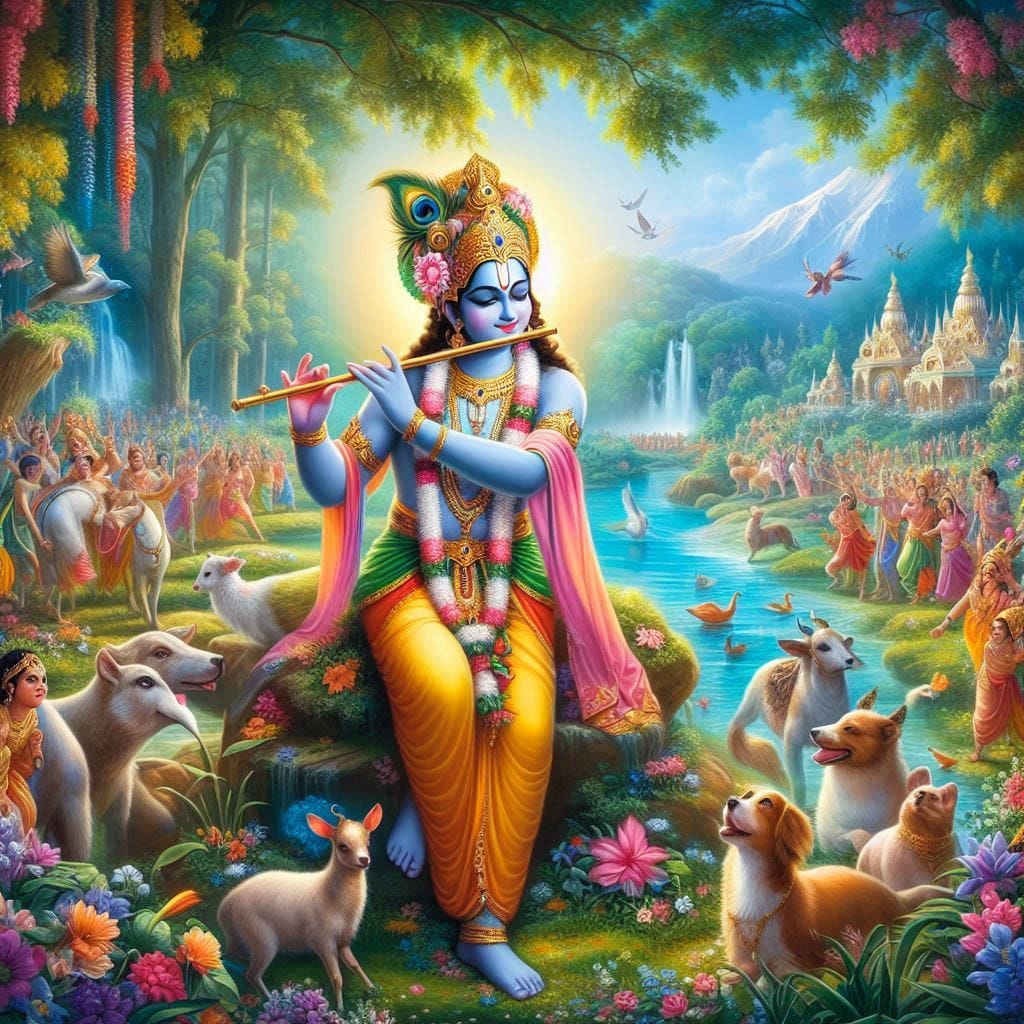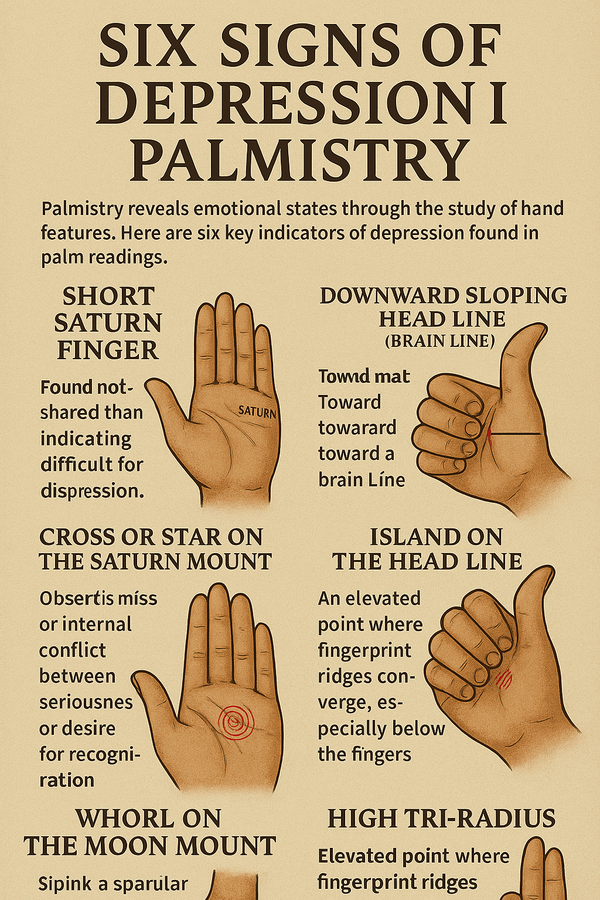Veda - Krishna Avatara: The Enigmatic and Beloved Divine Hero
Krishna Avatāra, an influential incarnation of Vishnu, offers rich tales of divine play, profound teachings, and cosmic justice. Explore his multifaceted character. #occultsanctum #Krishna #Vishnu #Hindu #Mythology #Veda #puranic

Among the many incarnations of Vishnu, the Krishna Avatāra stands out as one of the most fascinating and influential. Scholars like Professor Goldstücker note that Krishna’s divine manifestation is not only rich in legendary exploits but also reveals a gradual evolution of mortal heroes into divine embodiments. His life, as recounted in texts such as the Mahābhārata and various Purānas, offers a kaleidoscopic view of his personality—both as a playful, heroic child and as the supreme deity who guides the fate of the cosmos.
A Complex Divine Identity
Krishna—literally “the dark one”—is portrayed in myriad ways. In the Mahābhārata, for instance, he is sometimes depicted as rendering homage to Siva, suggesting a deep interconnectedness among the deities, while at other times his own divinity is questioned by adversaries (only for them to be punished for their unbelief). This fluid identity underscores the transformative nature of divine legends in Hindu tradition. Some texts even describe him as only “a portion of a portion” of the supreme being, highlighting that even within the cosmic mystery, Krishna's presence is both intimate and all-encompassing.
The Legend of Birth and Early Life
The legends of Krishna’s birth are as dramatic as they are miraculous. According to one version found in the Hindi Prem Sāgar (a retelling of the Bhāgavata Purāna), the demon king Kansa—born of a union steeped in deceit—learns from a prophetic voice that the eighth child born to Devakī will be his slayer. In a bid to thwart fate, Kansa imprisons Devakī and her husband, Vasudeva, ordering the death of every child born to them. Yet, fate is ineluctable. Vasudeva, guided by divine providence, orchestrates an incredible exchange at the time of birth. When Devakī gives birth to her eighth son, the infant miraculously escapes Kansa’s clutches and is smuggled away to safety. Accompanied by the protective serpent Sesha, the child grows up in secret, and even as he is pursued by numerous demonic schemes, his divine powers manifest from a tender age.
Miracles, Mischief, and the Lifting of the Govardhan
Krishna’s childhood in the pastoral setting of Vrindāvana is a treasure trove of enchanting legends. As the beloved cowherd (Gopal) and the “Lord of the Milkmaids” (Gopinath), Krishna is celebrated for his playful exploits and miraculous feats. Whether it’s subduing the venomous Putanā—who sought to kill him by breastfeeding death—or uprooting mighty trees with his bare hands in a fit of playful mischief, each story reinforces his supernatural might. One of the most enduring images is that of Krishna lifting the Govardhan Hill to shelter his friends and the cattle from the wrath of Indra. In this episode, Krishna’s divine intervention not only protects his devotees but also subtly shifts the focus of worship from the storm-god Indra to himself, underscoring his role as the supreme protector.
The Divine Play and the Cosmic Dance
Krishna’s narrative extends far beyond his childhood adventures. As he matures, his life intertwines with epic battles, profound teachings, and romantic exploits that have inspired countless devotional songs and works of art. His role as the charioteer and guide of Arjuna in the Kurukshetra War, encapsulated in the Bhagavad Gita, reveals a profound spiritual philosophy that has resonated through the ages. His interactions with Siva—sometimes paying homage, other times receiving boons—illustrate the harmonious interplay of divine forces in Hindu theology.
Moreover, Krishna’s legendary love affairs, particularly with the gopis and his eternal consort Rādhā, epitomize the devotional aspect of his personality. The rapturous dance of the gopis and the transcendental love between Krishna and Rādhā have become central themes in Vaishnava devotional traditions, symbolizing the soul’s yearning for union with the divine.
A Legacy of Transformation and Devotion
Krishna’s multifaceted character—from the impish child of Vrindāvana to the majestic divine guide of the Mahābhārata—has had a profound influence on the evolution of the Vaishnava cult. His ability to embody both human vulnerability and divine perfection has made him an enduring symbol of love, compassion, and cosmic justice. His life’s narrative, replete with episodes of cunning, valor, and divine miracles, invites devotees to seek a deeper understanding of dharma (righteous duty) and the eternal interplay between the human and the divine.
Conclusion
The Krishna Avatāra remains one of the most richly woven threads in the tapestry of Hindu mythology. His stories not only offer timeless lessons on the nature of divinity and the power of devotion but also celebrate the transformative potential of love and righteousness. Whether as the mischievous child, the compassionate friend, or the supreme guide who illuminates the path of the Bhagavad Gita, Krishna’s divine play continues to captivate and inspire millions across the world.


